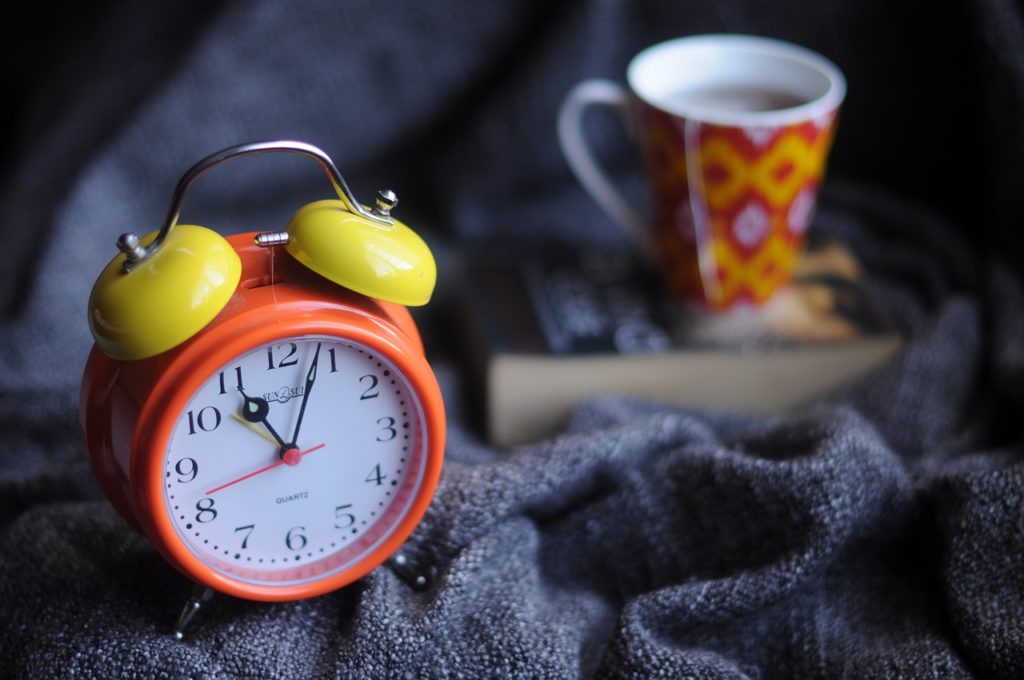All opinions are mine and mine alone.

Friend, Not Foe: How to Use Your Alarm Clock to Help You Sleep Better
The familiar film cliché, where someone is woken from deep sleep by an alarm clock and responds by throwing it across the room, strikes a chord. Everyone has a bit of a love/hate relationship with their alarm. We resent its insistent demands, but we really need its help. Alarm clocks go back a long way, and modern technology has given them a new lease of life.
How It All Began
For most of human history, people relied on the sun to wake them. A few minutes either way didn’t matter. Along came the industrial revolution, when factories needed each shift to arrive on time, and a siren was employed to make sure the next group of workers was awake and ready.
Finally, the alarm clock moved into the bedroom. Although home alarm clocks are believed to have first made their appearance in the 13th century, it wasn’t until the late 19th century that they became commonplace. Since then, their tyranny has been universal.

The Role of the Alarm Clock Today
The basic function of the alarm clock is to wake you up. However, in an age when everyone is talking about a crisis of sleep for a whole population, we are beginning to ask more of it. A disturbing number of people gets neither the quantity nor the quality of sleep that they need. So the humble alarm clock is being enlisted to help us sleep longer and better.
Basic Job Brought up to Date
At is simplest, an alarm clock will help you to sleep better by taking away any anxiety about waking up in time. Not long ago you asked the hotel desk for a wake-up call to meet a flight and then slept fitfully all night wondering if the receptionist would remember. Automation has taken away that fear.
Alarm clock apps can also play calming music to help you doze off in the first place, set to a timer so it doesn’t wake you up again later.
You can find a good example of these functions in this alarm clock app by Apalon.
Too Good to be True
Some alarm clocks go way beyond these basic requirements. Many connect to a light source to mimic the gradual breaking of dawn in your room, hopefully waking you up more naturally, or aim to help you sleep soundly by emitting a red light at night, and a blue light in the morning.
Other devices go even further. They use sensors to determine when your sleep is lighter and then use light and sound to nudge you into full wakefulness. You set a range of time for the alarm to wake you and the sensors choose the best moment—up to the end of the period when it wakes you in the traditional manner!
Owl or Lark?
Unless you are a natural lark, you are probably never going to appreciate being woken up. But life must go on and alarm clocks, in one form or another, are here to stay.
Ruby Slater is a student who keeps her life on track by using a variety of alarms and other smartphone apps. She is a geeky girl who contributes tech related articles to a variety of blogs in her spare time.



Speak Your Mind